There are numerous justifications for considering loan refinancing. One way to save on interest costs overall is to shorten the term of your loan and refinance at a lower interest rate, which will also result in lower monthly payments.
1. A reduction in interest rates
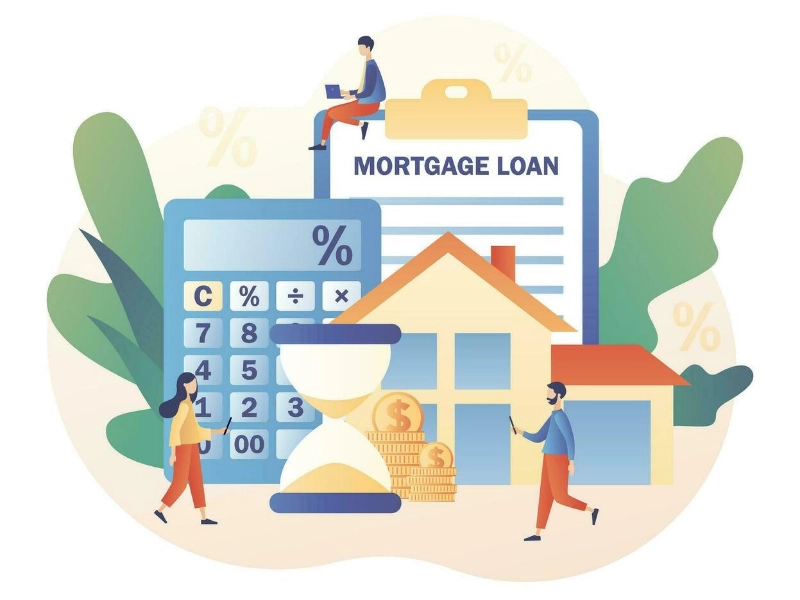
In the event that your credit has improved since you obtained your initial loan, refinancing may yield better conditions for your loan. Home equity loans, auto loans, and student loans are common consumer loans for which refinancing is frequently pursued.
A fixed-rate mortgage replaces an adjustable-rate mortgage (ARM) when a mortgage is refinanced. Long-term financial savings could result from this, as your monthly payments won't rise as much when your rate changes.
Because you would pay less overall over a period that is substantially shorter than a 30-year mortgage, a shorter mortgage term can also result in significant interest savings. It's crucial to take into account whether refinancing closing expenses will outweigh any possible savings from reduced rates and a shorter loan term. For example, if you apply for a new mortgage, the lender will usually charge an origination fee. In addition, you will have to pay for record-keeping fees, attorneys' fees, an inspection, a title search, and flood certificates. These fees may add up to a sizable sum of money.
2. Reduced Loan Period

You can save money and pay off your auto loan sooner if you refinance to a shorter term. Your financial circumstances and the amount you could save on interest and monthly payments will determine the savings, though.
For instance, you might be able to reduce your monthly car payment without lengthening the loan period if your credit score has improved. If your salary has dropped or you are experiencing other financial difficulties, this could be of great assistance.
If you are converting a home equity line of credit (HELOC) into your primary mortgage or switching from an adjustable-rate mortgage to a fixed-rate loan, refinancing to a shorter loan term makes sense as well. When an interest rate resets or your HELOC is repaid, a shorter loan term can help you save money on interest and prevent a significant rise in your monthly mortgage payments.
3. Combine your loans

You can consolidate all of your personal debt into a single loan account with a single interest rate by refinancing. This lessens the number of accounts you need to monitor and facilitates remembering to make your monthly payments.
You might be able to reduce your credit utilization ratio and raise your credit score if you're consolidating debt because of large credit card balances. To gain from your refinance, you must be able to adhere to the new conditions.
It's also crucial to keep in mind that you could still run into problems after paying off your debt. Make sure you set up an emergency fund and budget to avoid taking on further debt later on.
4. Use your equity to get funds.

Many homeowners now have an equity position as a result of the increase in home values. With a cash-out refinance of your mortgage, home equity loan, or HELOC, you might be able to convert this priceless asset into usable cash that will enable you to finance your goals.
You can invest in real estate, make home improvements, or pay off high-interest credit card debt with this money. The idea is to use the equity you have accumulated to make an investment that will eventually increase your wealth.
While refinancing isn't always the best option, it might be if your circumstances and financial objectives allow it. Before agreeing to a longer loan term, a higher interest rate, or increasing your ownership investment, be sure you weigh all the advantages and disadvantages. It's what your financial future holds!
Recommended Reading: The Need for Life Insurance for Young Adults



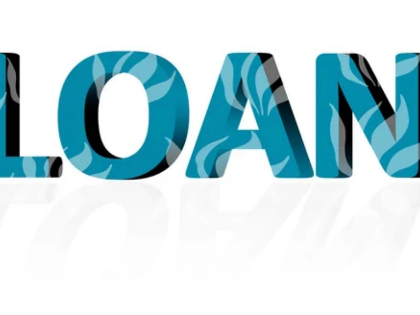














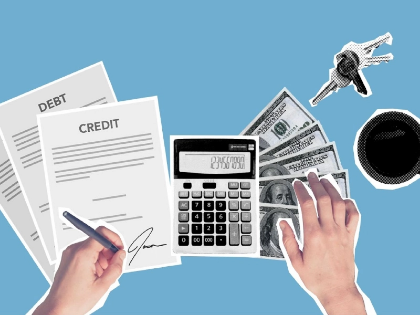
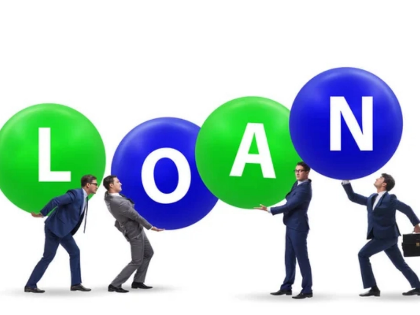

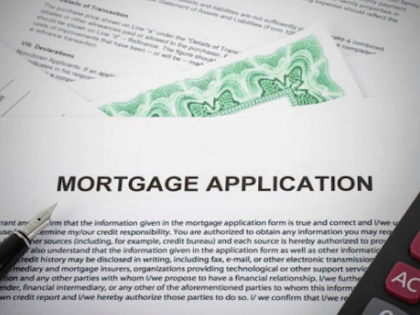
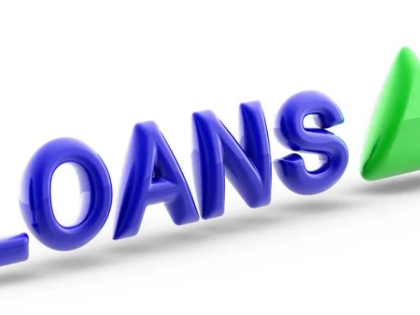

Challenge: apply within 24h.
Helps metabolize complexity.
Unblocks some stale assumptions.
Could anchor a sprint.